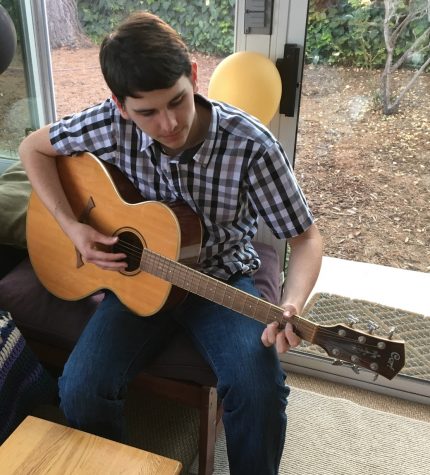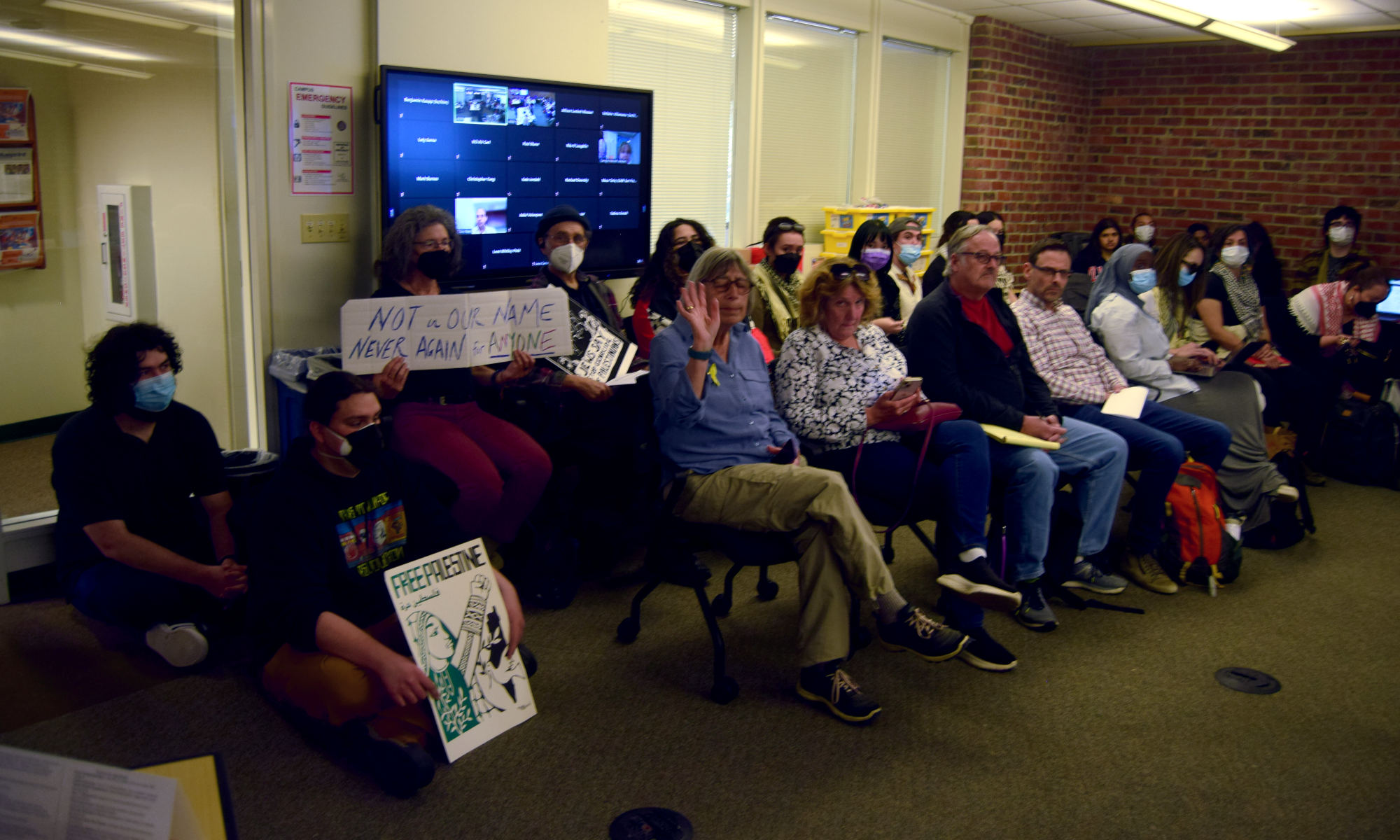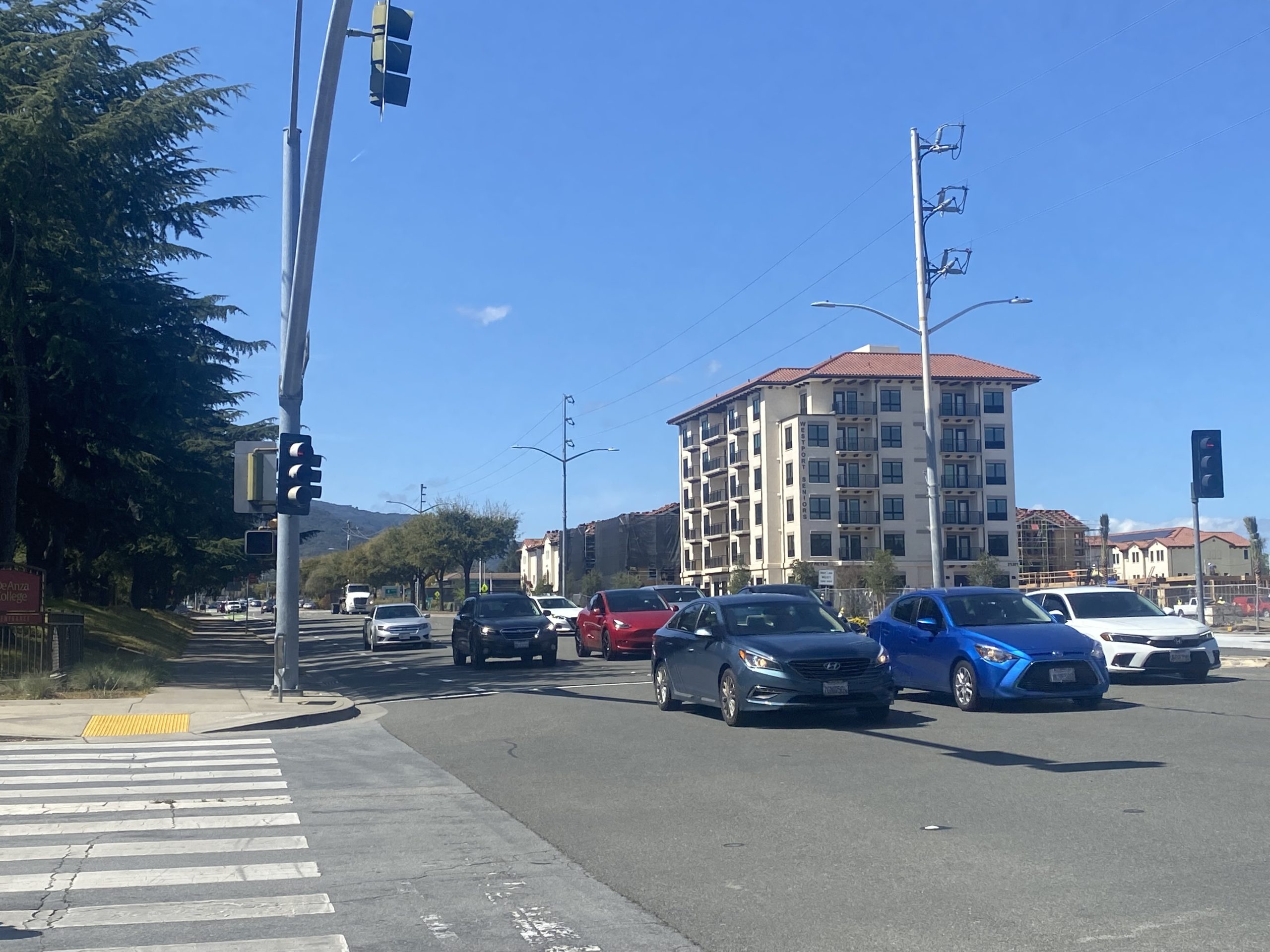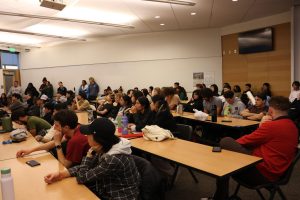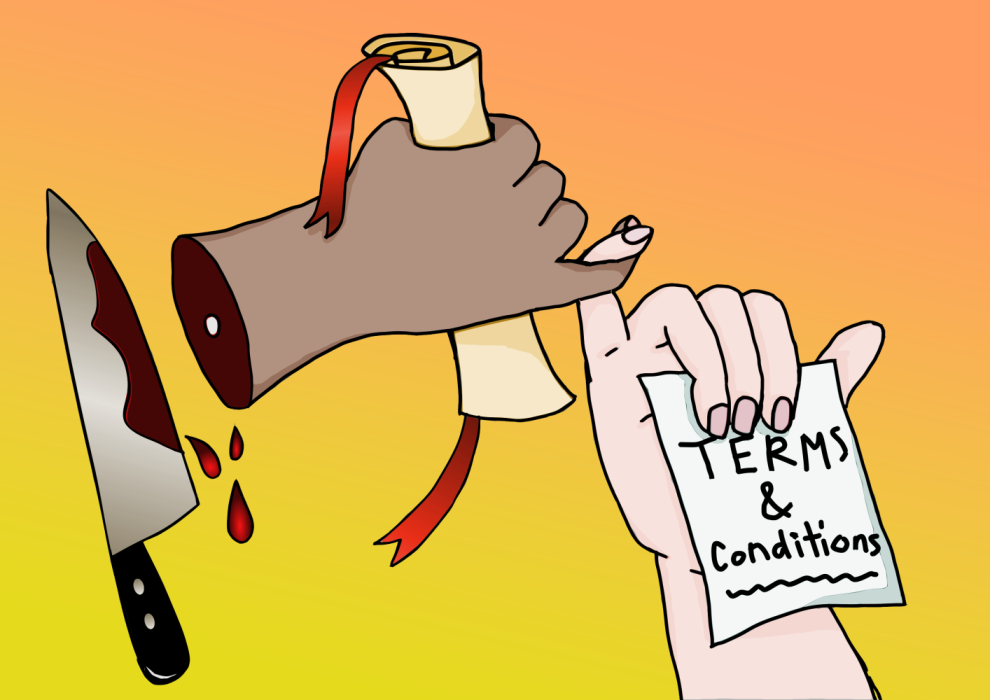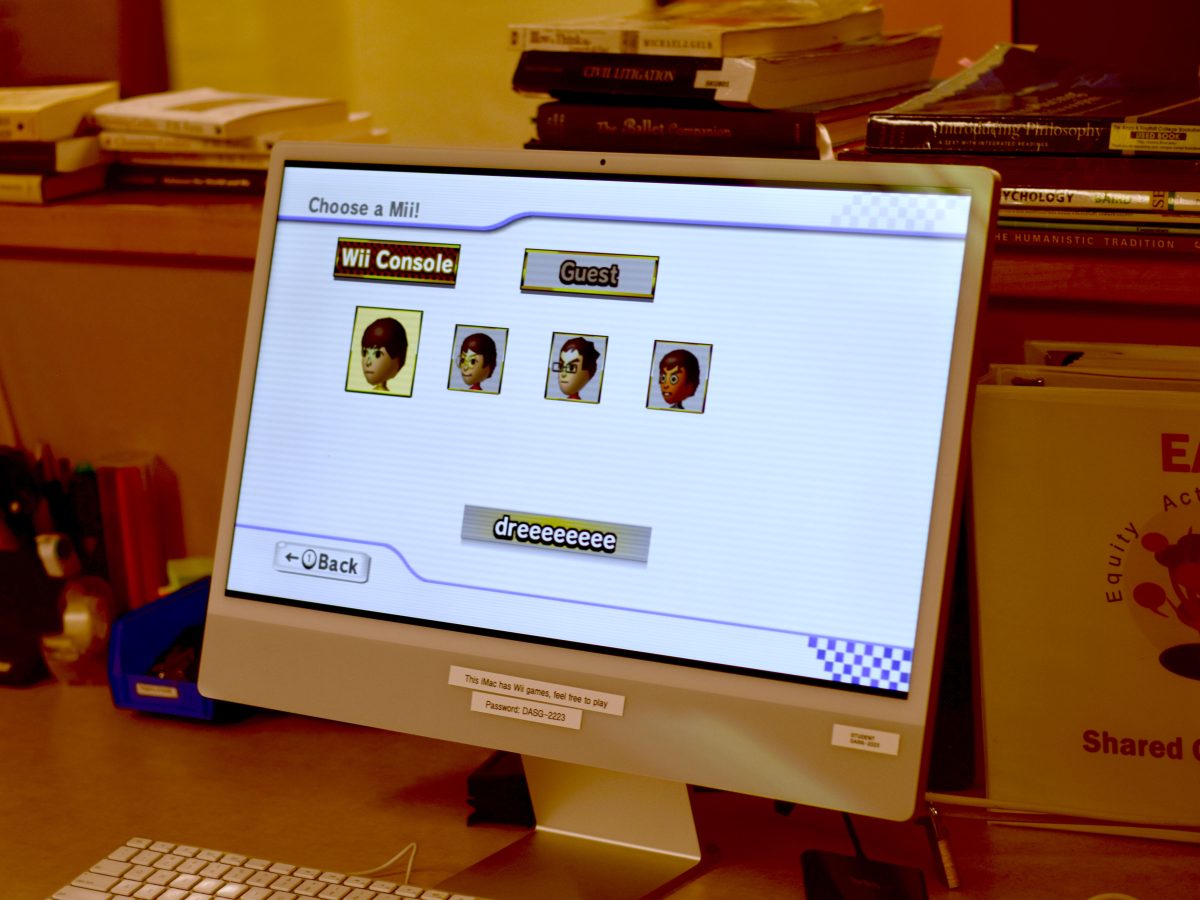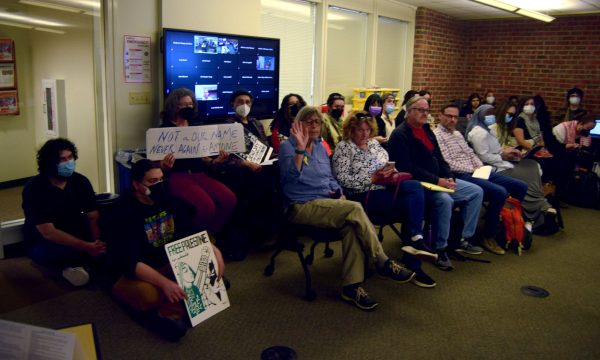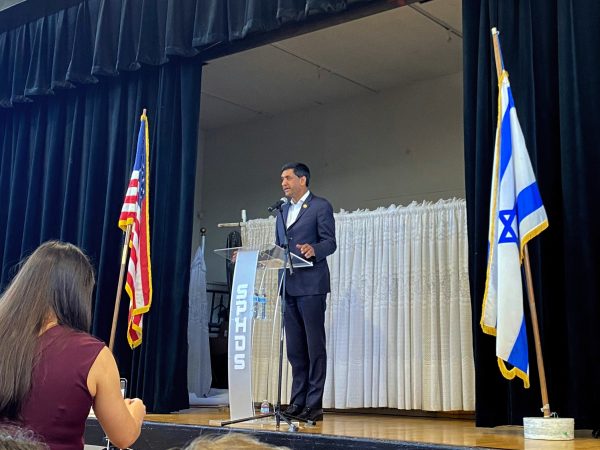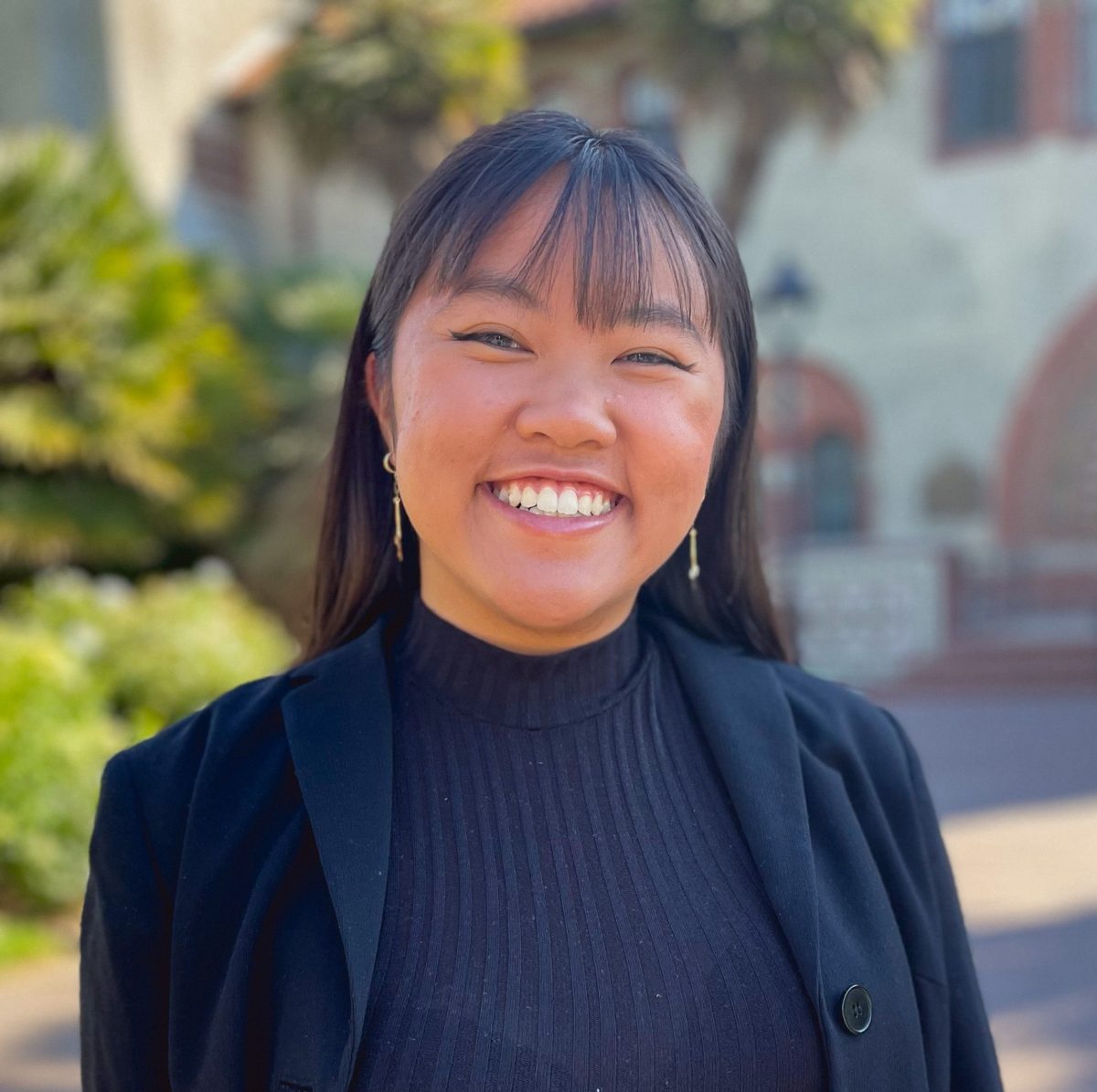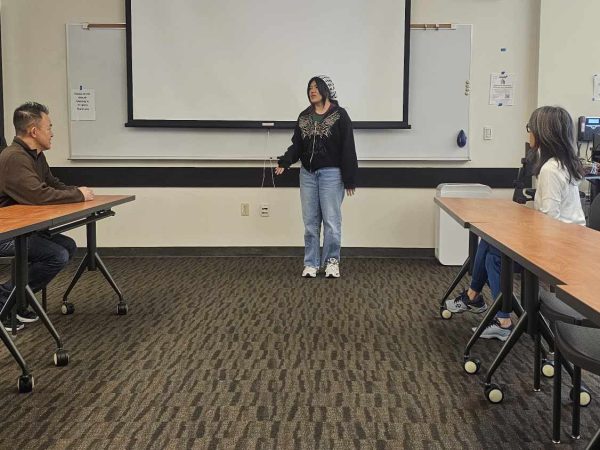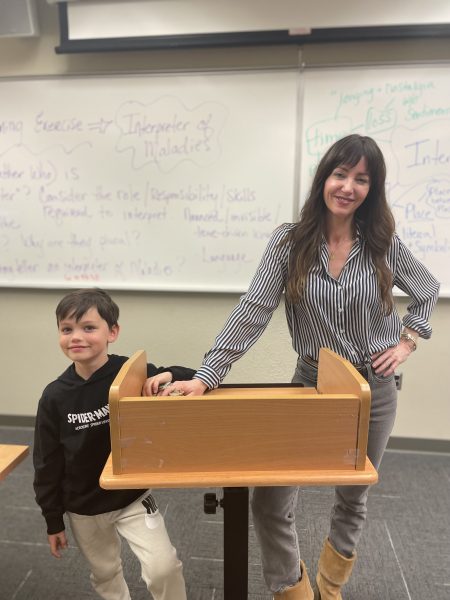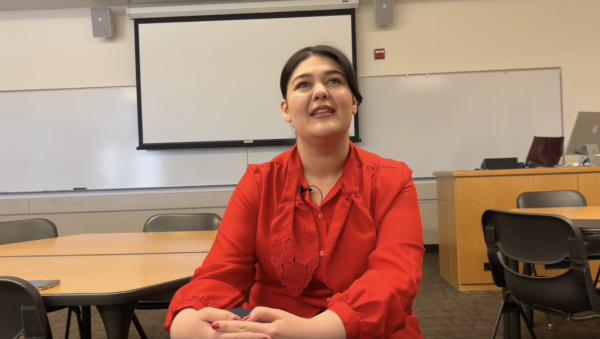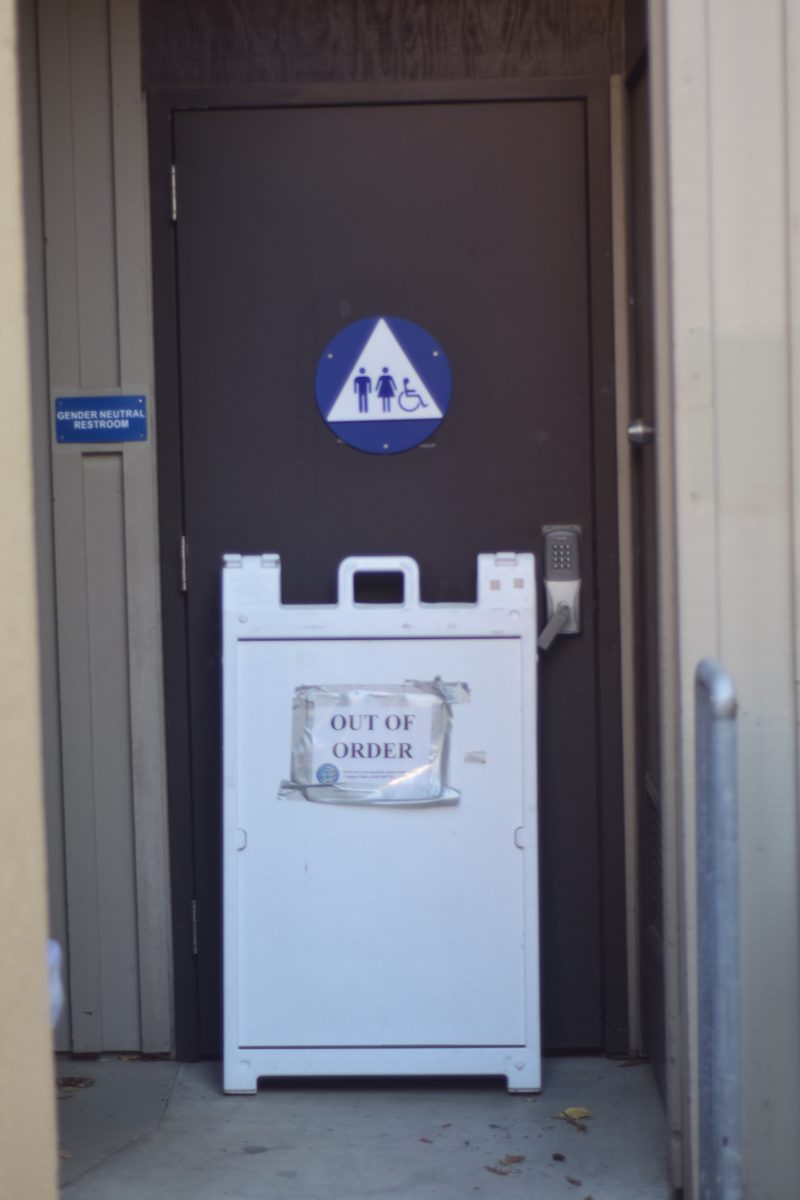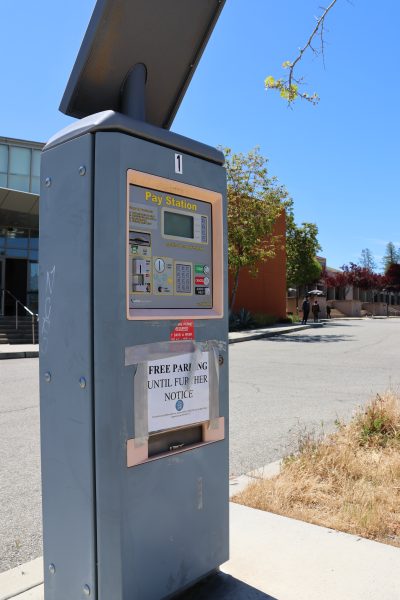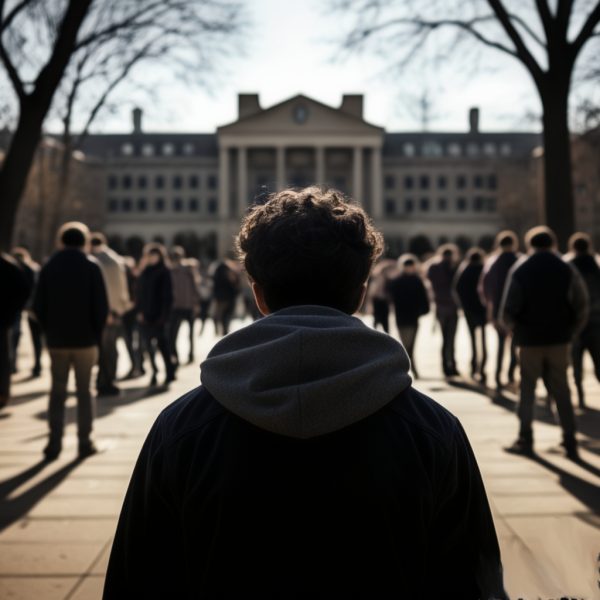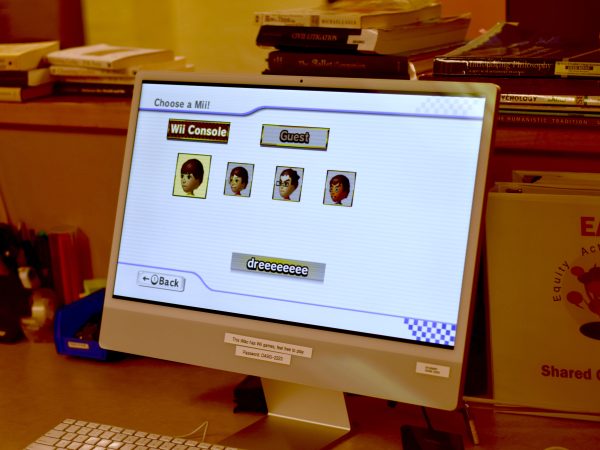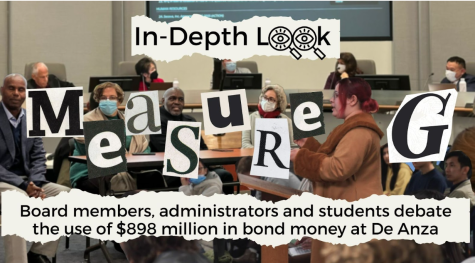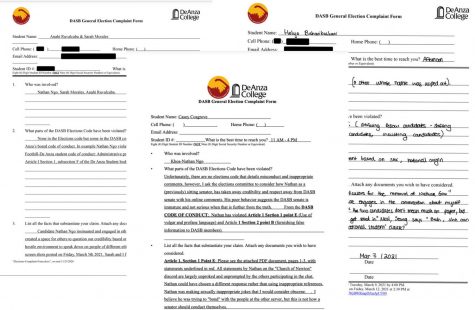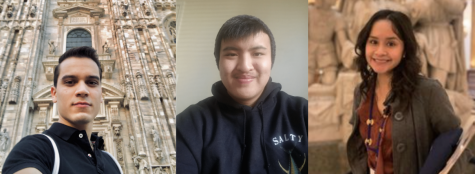Votership for DASB Senate Election increases compared to 2018 results
Only roughly 2 percent of De Anza College students voted
April 3, 2019
More De Anza College students voted in the 2019-20 DASB senate election than in the 2018-19 election, although the percentage that voted this year is still small.
Roughly 2 percent of enrolled De Anza students voted in the 2019-20 DASB presidential election, which had the highest total votes of all positions on the ballot.
2019-20 DASB presidential election votes rose by about 60 percent from last year’s election, according to a La Voz analysis of reports from DASB.
The average candidate for DASB senator in the 2019-20 Senate Election received about 667 votes, increasing by about 84 percent compared to the 2018-2019 election.
Ava Gerami, 19, computer science major, said more students should vote.
“Maybe they see that it does not affect them as much,” Gerami said, “because many students only study at De Anza for a few years.”
Martin Ricodiaz, 24, sociology major, said students should vote in DASB elections “if there is anything that is in the ballot that might improve campus life.”
Genevieve Kolar, 2019-2020 Student Trustee and former editor-in-chief for La Voz News, said she was surprised at the rise in votership for DASB senators because of De Anza’s decline in enrollment.
“I was really impressed by the breadth of some candidates’ campaigning,” Kolar said. “I still don’t think students’ fundamental apathy and lack of information surrounding the election process have been accounted for, though.”
Kolar said the 45 ballot drop in turnout for the Student Trustee election in 2019 did not surprise her. Students are not aware of the Student Trustee position, Kolar said, partially because “the trustee candidates didn’t reach as many students in our campaigning as the presidential and senatorial candidates.”
Rex Zhang member of the DASB Election Committee, said De Anza’s marketing department should promote what DASB officers and senators are doing for students.
Zhang said, “We can then think about ways to better promote our elections and candidates.”



